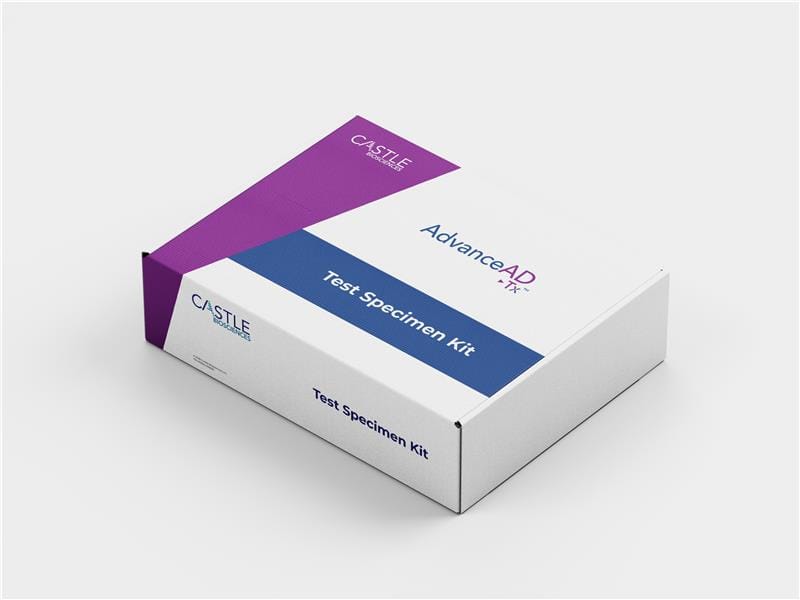The gene expression test is designed to identify patients more likely to respond to JAK inhibitors versus Th2-targeted therapies.
Castle Biosciences has launched AdvanceAD-Tx, a gene expression profile test intended to help guide systemic treatment decisions for patients ages 12 and older with moderate-to-severe atopic dermatitis.
The 487-gene expression profile test is designed to identify patients with a Janus kinase inhibitor (JAKi) responder profile who may be more likely to achieve superior clinical outcomes when treated with JAK inhibitors (JAKi)compared to T helper type 2 (Th2)-targeted therapies.
“Selecting the right systemic therapy for patients with atopic dermatitis can be a challenge, and too often patients end up cycling through multiple treatments before finding one that works,” says Jonathan I Silverberg, MD, PhD, MPH, IDENTITY study author and associate professor of dermatology at the George Washington University School of Medicine and Health Sciences, in a release. “AdvanceAD-Tx is designed to uncover the biology driving each patient’s disease so we can better match the right treatment to the right patient from the start, helping them achieve relief faster and avoid unnecessary delays in care.”
Validation Study Results
In the validation cohort of the IDENTITY study, researchers tested affected lesions from patients aged 12 or older with atopic dermatitis who were either starting or switching to a systemic Th2-targeted therapy or a JAKi. The test identified 30.4% of samples as having a JAKi responder profile.
Patients with a JAKi responder profile who were treated with a JAKi achieved higher rates of EASI-90 (90% or greater reduction in disease severity on the Eczema Area and Severity Index) by three months compared to those treated with Th2-targeted therapy (45.5% vs 8.3%, p=0.021).
These patients were also more likely to achieve a validated investigator global assessment score of clear (36.4% vs 0%, p=0.006), report no itch by three months (45.5% vs 8.3%, p=0.021), and remain flare-free during treatment (54.5% vs 16.7%, p=0.041). Additionally, they reached EASI90 3.8 times faster (p=0.049).
Market Opportunity and Implementation
Based on one-year prevalence data, an estimated 13.2 million patients ages 12 and older in the US have moderate-to-severe atopic dermatitis. Castle estimates the US total addressable market opportunity at $33 billion.
The test utilizes Castle’s existing laboratory workflows, which may enable streamlined adoption for dermatologists already familiar with DecisionDx testing. The company is pursuing multiple reimbursement pathways for the new test.
“AdvanceAD-Tx underscores Castle’s commitment to the dermatology community and developing clinically meaningful innovations that improve patient outcomes,” says Matthew Goldberg, MD, senior vice president of medical affairs at Castle Biosciences, in a release.
Castle is making AdvanceAD-Tx commercially available through a limited access launch beginning in November 2025, with phased expanded availability anticipated throughout 2026.
Photo caption: AdvanceAD-Tx
Photo credit: Castle Biosciences





